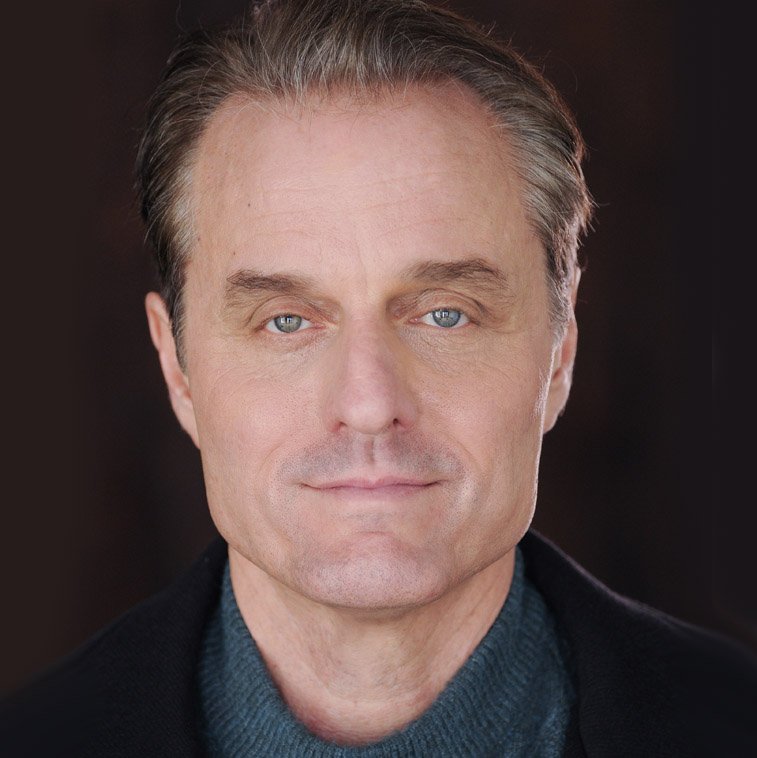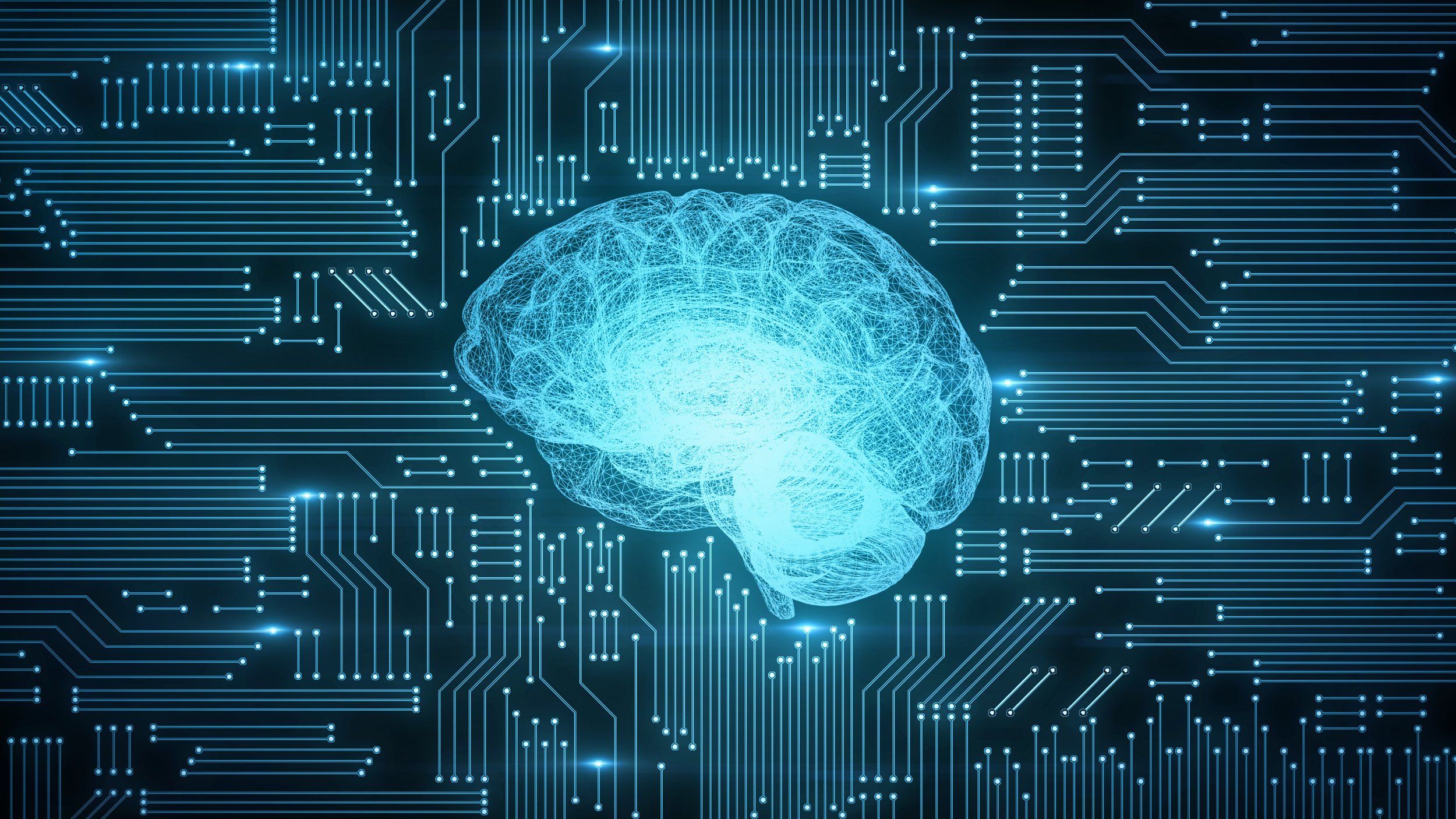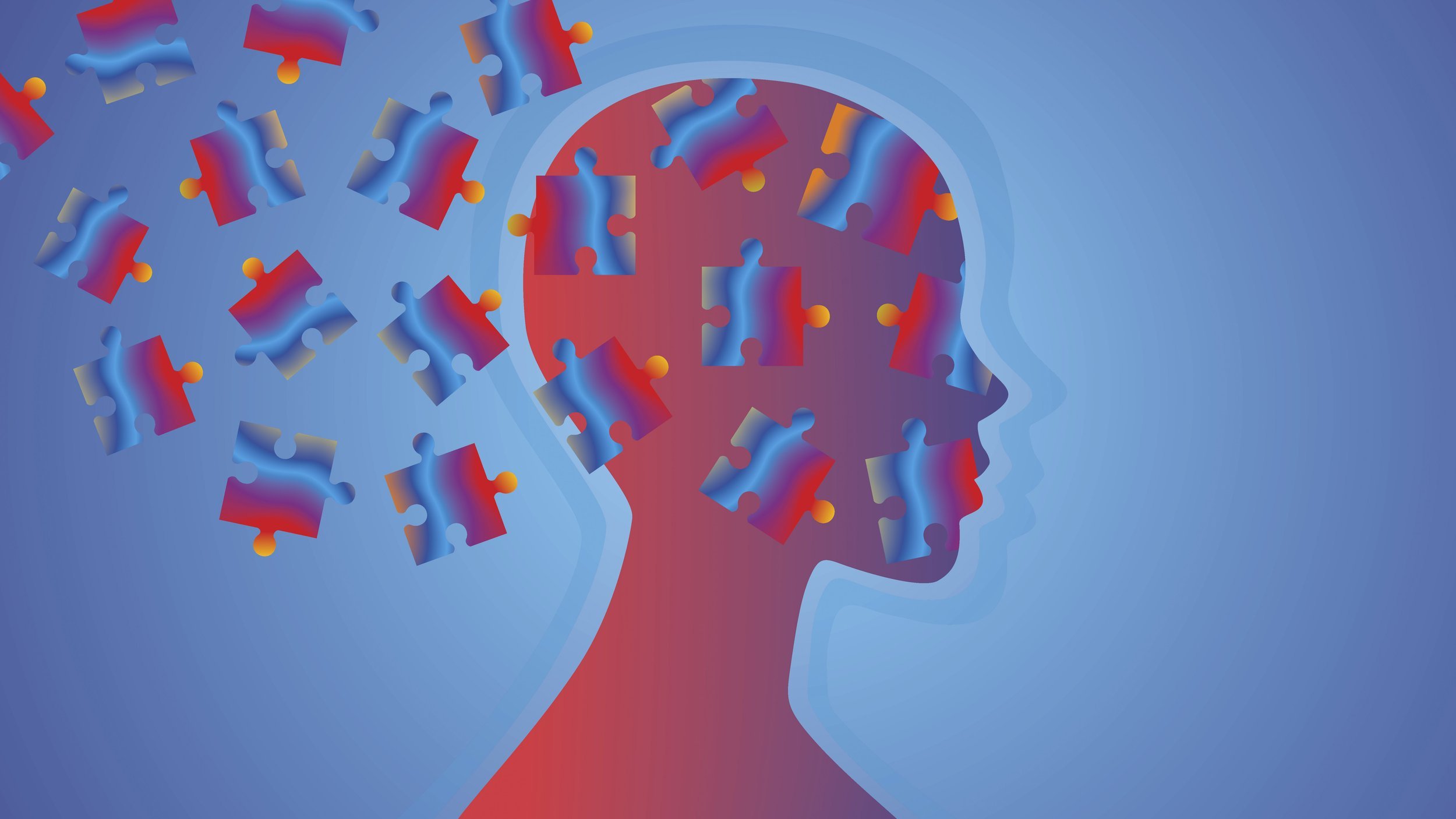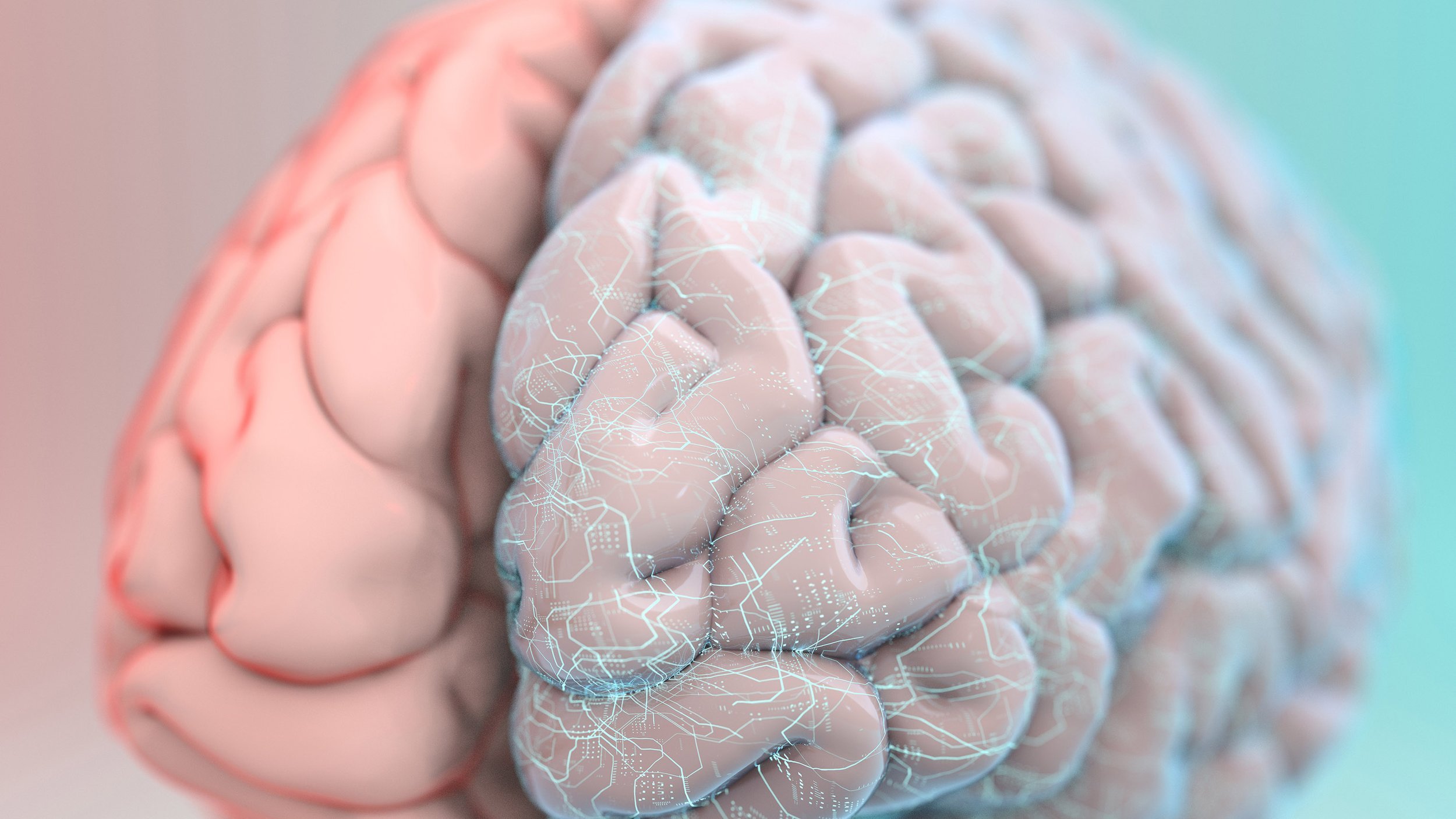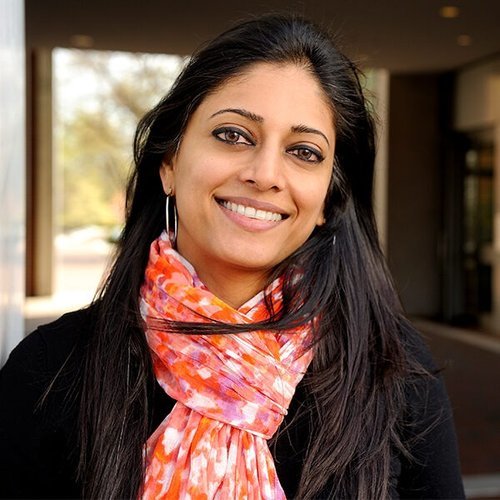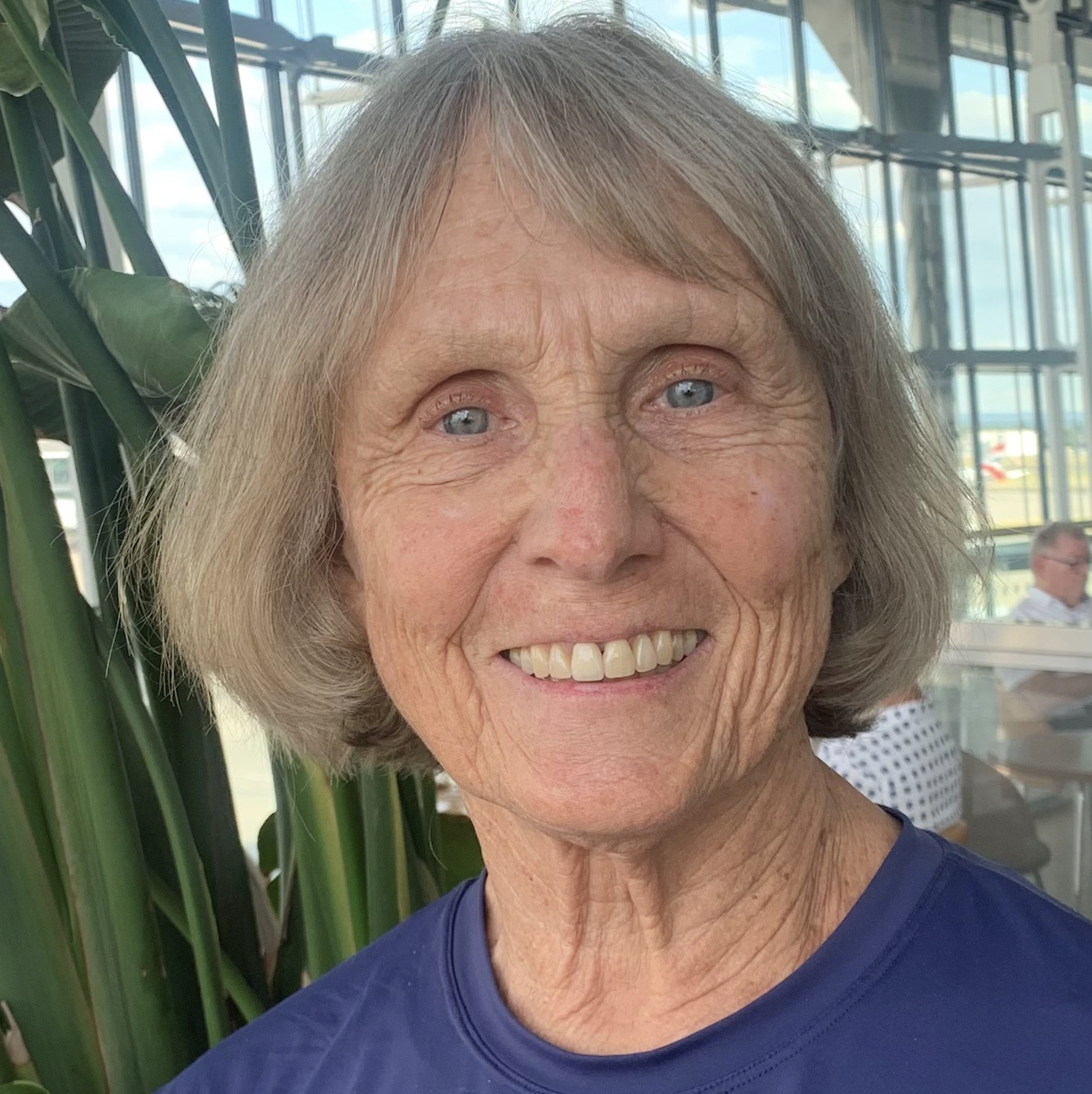BrainMind Special Forum: Neuromodulation + BCI + AI, June 2-3, 2024


BrainMind Special Forum: Neuromodulation + BCI + AI, June 2-3, 2024
On June 2-3, 2024, world-renowned experts will take us to the forefront of cognitive innovation. Delve into the rapidly evolving landscapes of neuromodulation, brain-computer interfaces (BCIs), and the interaction of artificial and biological intelligence. Immerse yourself in cutting-edge technologies that are transforming lives — enabling people to walk again, talk again, see again, and hear again. Not only are these scientific breakthroughs restoring function, they are offering transformative potential for mental health and human performance. Join us to see how these discoveries are decoding the brain and mind and redefining our relationship with technology for decades to come.
BrainMind gatherings are meticulously curated, bringing together select groups of visionaries, including top-tier investors, prolific philanthropists, trailblazing entrepreneurs, and groundbreaking researchers. We are all driven by a shared passion to unravel the mysteries of the human brain and harness this knowledge for the greater good.
BrainMind is designed to be a self-supporting platform for the advancement of brain-oriented ideas to humanity. By joining us at the benefactor or patron level, you are directly supporting a young artist or scientist’s work at this gathering. In the conference, scholarships are available for artists and scientists on a case-by-case basis. Please contact Diana Saville (dsaville@brainmind.org) if you would like to apply.
BrainMind is a best-in-class community with a shared mission to advance neuroscience innovation that will most benefit humanity.
Participants will explore a curated collection of cutting-edge discoveries in the science of the brain and mind, engage with the scientists behind those ideas, and advise promising early-stage companies - all with the goal of bringing brain science to the world at scale. Attendees are personally selected for their brilliance, effectiveness, sincerity, and intent.
WHAT TO EXPECT
Awe-inspiring short talks from the world's top brain researchers and entrepreneurs
Opportunities to break bread with speakers in small group settings
A chance to discover and advise high-impact companies in the BrainMind space
Discussions on creating a roadmap for philanthropic ventures in brain science
Expert-led breakout discussions on topics like bioelectronic medicine, neural interfaces, wearable technology, machine learning, neurostimulation, and more
Live neuroscience-inspired multisensory performances
A hands-on space to explore neurotechnology
Immersive art exhibitions
HOSTS
SPEAKERS
Speakers at BrainMind are chosen for their uniquely disruptive contributions to their respective fields. All speakers are available to engage with participants. Speakers delivering mainstage talks also host intimate roundtable discussions over lunch and during the afternoon program.
Speakers for the Brain Special Forum on Neuromodulation + BCI + AI include:
Reid Hoffman, Greylock
Future of AI, Scaling Social Impact
Polina Anikeeva, MIT
Bioelectronics for Brain and Body
Ed Boyden, MIT
Tools for Repairing and Simulating the Brain
Nolan Williams, Stanford
Need for Speed: How to Match Acuity of Illness to Speed of Effect for Brain Therapeutics
Ana Maiques, Neuroelectrics
Unlocking the Future of Psychiatry: How Can Neurotwins Transform Personalized Neuromodulation Therapies?
David Chalmers, NYU
Extending Consciousness Beyond the Brain
Maryam Shanechi, USC
AI-based Neurotechnology
Kafui Dzirasa, Duke University, The Collective for Psychiatric Neuroengineering
Pawsitive Influence: Towards a New Neuroscience Enterprise
Elena Koustova, NIH/NIDA
Innovating on Funding for Innovation
Leigh Hochberg, Brown University
BrainGate: Implantable BCIs for the Restoration of Communication and Mobility
Heather Berlin, Mount Sinai
What Does It Mean To Be Human in the Age of AI?
Michael McCullough, BrainMind
BrainMind Today and Beyond
Karen Rommelfanger, Ningen Neuroethics Co-Lab, Institute of Neuroethics Think and Do Tank
Designing Ethical Neurofutures
Amy Baxter, Pain Care Labs
Mechanical Neuromodulation: Trust The Force
Paul Sajda, Columbia University
Feeling better with *NSYNC"
Doris Tsao, UC Berkeley
How the Brain Generates Our Consciousness of the World
Thomas Oxley, Synchron, Mount Sinai
Implantable Neurotechnology: A revolution in Medicine Repeating Itself
Helen Mayberg, Mount Sinai
What is Well?
AGENDA
MONDAY, June 3rd, 2024
DAY 2: NEUROMODULATION + BCI + AI
8:00 AM Breakfast & Registration, Experiential NeuroLab opens
9:00 AM Welcome and Musical Performance
9:10 AM Plenary Session
9:40 AM Tai Chi with Cari Shurman
11:25 AM Qigong with William Spear
12:30 PM Lunch with Speakers
1:45 PM Immersive Experience
2:15 PM Breakout Discussions
4:00 PM Fireside Chat with Reid Hoffman, Sean White, and Michael McCullough
5:00 PM Closing Reception
6:00 PM Close
——————
SUNDAY, June 2nd, 2024
DAY 1: NEUROMODULATION + BCI + AI
8:00 AM Breakfast & Registration, Experiential NeuroLab opens
9:00 AM Welcome and Musical Performance
9:10 AM Plenary Session
9:40 AM Tai Chi with Cari Shurman
11:30 AM Qigong with William Spear
12:30 PM Lunch with Speakers
1:40 PM Entrepreneur Spotlight
3:00 PM Breakout Discussions
4:30 PM Musical Performance
4:50 PM Day 1 Summary
5:00PM Reception
6:30 PM A Feast of Ideas: Dine with BrainMind Experts
PARTICIPANTS
BrainMind Special Events are invite-only. All participants are members of the BrainMind ecosystem and are carefully selected for potential contribution, influence, and intent.
ENTREPRENEUR SPOTLIGHT
Featured entrepreneurs will present groundbreaking ideas and pose impact-related questions to participants. Spotlight entrepreneurs will also host breakout discussion tables. Our Experiential Neurolab will also feature live demos from neurotech entrepreneurs in the BrainMind Ecosystem.
Previous spotlight entrepreneurs include:
Jay Sanguinetti, Sanmai Technologies
Alice Albrecht, re:collect
BREAKOUT DISCUSSIONS
Roundtables with 8-12 participants convene around preselected BrainMind topics with brilliant subject matter experts who are leaders in their respective fields. The breakouts are designed to encourage conversation and collaboration with presenters and other great minds.
Previous discussion modules include:
BREAKOUT LEADERS
SUNDAY BREAKOUT LEADERS
John Ngai, PhD (NIH BRAIN Initiative)
The BRAIN Initiative: Laying the Foundation for Future Cures
Join a key discussion with John Ngai, Director of the US BRAIN Initiative, as he outlines the future of this transformative program. With foundational resources like brain atlases and disease models in motion, we are at a critical juncture in neuromodulation and BCI. Discover the potential of increased access to FDA-approved devices, AI advancements, and new biomarkers in revolutionizing neuropsychiatric therapeutics. The BrainMind ecosystem has a role to play in scaling these innovations—don’t miss this opportunity to shape the future of neuroscience.
Sridevi V. Sarma, PhD (Johns Hopkins University)
Novel Treatments for Epilepsy and Chronic Pain
NeuroTech Harbor (NTH) is an NIH-funded BluePrint Hub dedicated to supporting innovative devices and solutions for treating diseases of the central nervous system. In this talk, I will introduce NTH and its partner, the Center for Innovative NeuroTech Advancement (CINTA), highlighting our collaborative mission. I will showcase eleven projects currently supported by these hubs and outline our strategy to impact over 75 teams with more than $120 million in funding over the next five years.
Nina Vasan, PhD (Stanford)
LLMs for Mental Healthcare: Risks and Opportunities
Examining the impact of AI on mental health requires an understanding of the mixed effects of social media, which has both enhanced connectivity and contributed to risks like anxiety and depression. Collecting stories from users who have interacted with AI in therapeutic settings and daily life reveals the nuanced effects of these technologies on mental well-being. Understanding these personal experiences is essential for guiding the ethical development and implementation of AI technologies in mental health contexts.
Note: Spotlight Entrepreneurs will also lead Breakout Discussion Tables on Sunday
Noninvasive Neurotech & The Future of Electric Medicine
Meredith Perry, Elemind
Augmenting Human Intelligence: Building a Better Bridge Between Humans and Machines
Alice Albrecht, PhD, re:collect
Noninvasive Deep Neuromodulation for Treatment
Jay Sanguinetti, PhD, Sanmai Technologies
The Next Evolution of Human Capability: Merging Humans and Robots
Connor Glass, MD, Phantom Neuro
MONDAY BREAKOUT LEADERS
Rafael Yuste, MD, PhD (Columbia University, Neurorights Foundation); Karen Rommelfanger, PhD (Institute of Neuroethics Think and Do Tank, Ningen Neuroethics Co-Lab); Jamie Daves, MBA (Neurorights Foundation)
The First Brain Data Law Just Passed. What Do You Need to Know – and What’s Next?
It’s essential that leaders in neurotechnology – companies, investors, scientists, and more – know about, and shape, public policy and industry standards. Please join Dr. Rafael Yuste along with Jamie Daves for a behind-the-scenes briefing on the latest developments in US and global regulation and industry practice. This session covers the recent precedent-setting Colorado neurotech legislation, and highlights what’s coming next in the US and around the world. Dr. Karen Rommelfanger will moderate an interactive discussion on strategies all stakeholders can use to navigate the emerging regulatory and industry environments, advance innovation, and foster public trust. Participants will be encouraged to pose questions, share experiences, and engage in debate. This session is a critical opportunity for all stakeholders to learn more, and get involved in determining what comes next.
Michael Lim, MD (Stanford)
Immunotherapy in Neuro-Oncology
This breakout will explore the frontier of brain cancer treatment, where cutting-edge research meets clinical practice. Dr. Lim will discuss how recent innovations in immunotherapy are offering new hope, and transforming treatment approaches for brain tumors. This session will highlight the potential for these advancements to significantly improve patient outcomes and pave the way for future breakthroughs in medical care.
Blake Gurfein, PhD (Humanity Neurotech)
Non-invasive Neurotech for Brain Inflammation and Cancer
Several new neurotech modalities are showing promise for treating brain inflammation, stroke, and brain cancer. Dr. Gurfein will review scientific and commercial advances as they relate to groundbreaking new treatments in neurology, psychiatry, and oncology.
Andre Fenton, PhD (NYU)
EEG for Everyone
Neuroengineering often targets well-resourced communities, yet 1-2% of people globally suffer from epilepsy, regardless of race or socioeconomic status. Astonishingly, 80% of these individuals remain undiagnosed due to a lack of access to EEG technology and specialists in low-resource areas. By developing affordable 25-cent EEG electrodes with integrated amplifiers and utilizing cloud-based AI for interpretation, access to neurodiagnostics can be democratized. The barrier isn’t technological but commercial, requiring significant shifts in North American healthcare economics. This talk will explain how to achieve this and the challenges involved in realizing such a transformative project.
Matthew Sacchet, PhD (Harvard Medical School, MGH)
Beyond “Mindfulness” Toward a Science of Advanced Meditation
Mindfulness is increasingly recognized worldwide as a way to enhance health and wellbeing. This session will focus on advanced meditation, exploring its effects, development processes, and mastery. We'll discuss the latest research directions in advanced meditation and its potential to boost human potential in various clinical and non-clinical settings.
Haleh Fotowat, PhD (Wyss Institute)
Towards Engineering Intelligent Motile Organoids with a Nervous System
A great deal is known about biological neural networks in animal models, which have arrived at their current structure-function relationship through evolution by natural selection. Little is known about how neurons taken from such animal models will develop and function in novel embodiments. I will talk about our work on constructing a novel class of motile biological organoids that incorporate neuronal tissue. Results from this work will significantly improve our understanding of how to ‘wire up’ functional biological neural networks that can drive desired behaviors and potentially mediate learning by experience. In addition to applications in biological robotics, our work will inform future research on regenerative medicine by shedding light on how damaged neuronal pathways could be wired back to their intended targets
John Donoghue, PhD, (Institute for NeuroElectronic Medicine)
A New Bridge to Transform Neuroelectronic Medicine
Dr. John Donoghue, Professor of Neuroscience and Engineering at Brown University, founded the field of neuro-prosthetics, coordinating the development of the first BCI to restore movement for people with paralysis. In this session, we’ll delve into the world of neuroelectronic medicine, an innovative approach aimed at tackling mental health and neurological disorders while potentially enhancing human capabilities by merging mind and machines. We’ll also discuss the importance of establishing a new institute that integrates engineering, neuroscience, and clinical medicine, leveraging advanced microelectronics to fully harness the potential of neuroelectronic medicine.
Feast of Ideas: Dinner with BrainMind Experts
Gather with BrainMind participants at our Neuromodulation/AI/BCI forum to sample culinary and conversational delights at the Feast of Ideas; an open format dinner with themed topic tables led by experts in the field.
Indre Viskontas, PhD, MM
Reverberation: Do Everything Better With Music
Bianca Jones Marlin, PhD
Sensing the Past: How Neurons Send Memory Through Space and Time
André Fenton, PhD
Neural Basis of Memory: Learning to Learn
Nicco Reggente, PhD
Non-Ordinary States of Consciouenss
Srini Pillay, MD
The Role of Artistic Experiences in Healthy Longevity
Jamie Heywood
Big Data, Longer Lives
Kana Enomoto
Scaling Brain and Mental Health Innovations
Uma Naidoo, MD
Nutritional, Lifestyle & Metabolic Psychiatry
Amy Kruse, PhD
Investing with the Brain in Mind?
Jonathan Schooler, PhD
Fostering Openness with Art and Curiosity
MULTISENSORY EXPERIENCES
BrainMind recognizes the arts as a key pathway to brain health and wellbeing, which is why we prioritize featuring outstanding artists and immersive experiences at all our gatherings.
New York City Musical Curators: Anna Gabriel and Michael Hermann, Reverberation
Reverberatation Featuring Neurosteer Tech
Michael Hermann and Anna Gabriel are cofounders of Reveberation with world renowned artist Peter Gabriel.
Reverberation operates at the convergence of music, science, technology, and medicine, wrapped in compelling entertainment and transformative tech. The studio explores music's impact on our brains and activities, creating media spanning books, TV, digital media, education, and live events. Reverberation aims to address some of the world’s most vexing problems through scientifically-rooted music and sound interventions.
Tai Chi and Qigong with Cari Shurman
Cari Shurman discovered Tai Chi and Qigong while in China over 30 years ago. Seeing how the flowing movements, the focus and the visualization were used in the schools to help students stay focused and calm she decided to incorporate it into her teaching. She eventually developed a program appropriate for all ages that can be easily used in the classroom for breaks, before a test for focus, to release stress and find inner peace.
Cari has an MAT degree from Johns Hopkins University. She has taught for over 50 years. She has worked with all age groups from elementary school to university to continuing adult education teaching foreign languages, art, Tai Chi for Kids© and Qigong. She developed her kids program over several years seeing what worked in her own classes. Cari has been working with the NYC public schools for over 20 years. She has also trained teachers through zoom in many states and countries around the world.
Tai Chi for Kids© speaks to everyone. It is non-competitive, and a chance to be in touch with ourselves, our feelings. Cari will give us a Tai Chi for Kids© break to help us focus, relax, and have fun. It is such fun to be an elephant, a dragon or even a sleeping lion.
Featured artists this year include:
EXPERIENTIAL NEUROLAB
BrainMind Summits always include a hands-on Experiential NeuroLab with exciting inventions, technology demonstrations, and artistic exhibits. Past experiences include mind-controlled visual media, AR and VR-based technologies, real human brains, 10-100x expanded brain segments, neuroscience-driven perceptual illusions, immersive education experiences, and more.
BRAIN-HEALTHY CUISINE
New research indicates that diet plays a significant role in brain function, impacting everything from memory to risk for brain diseases. We put these exciting findings into practice at our gatherings. You won’t find junky conference fare at our forum. Meals and snacks served at BrainMind feature foods and ingredients with published findings for brain health benefit. Learn more about our approach here.
DETAILS
Dates: Sunday - Monday, June 2nd - 3rd, 2024
Time: Forum: 8:00AM - 6:00 PM both days, Feast of Ideas at 6:30PM on June 2nd
Location: Exact location details will be disclosed upon registration
Hotels: See our recommended hotels here


